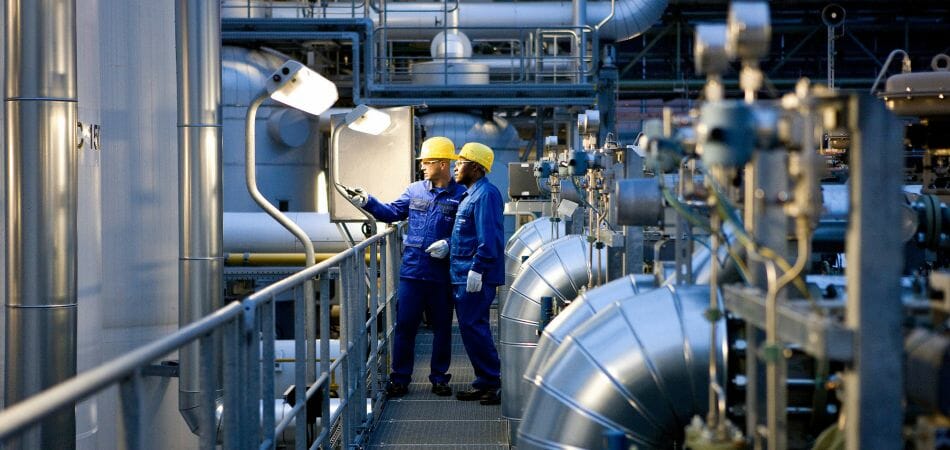German industrial output decreases by 1.7% in a month.
Germany is facing a downturn in its industrial sector, falling significantly short of the anticipated 0.1% growth as per the Statistics Office. The automotive industry is facing challenges, along with other segments in German Industry. Notably, German capital goods have seen a substantial drop of 4.4%, marking the largest decline in five years.
As a nation reliant on exports, Germany is feeling the effects of a global slump in the car market and various trade conflicts. The uncertainties surrounding Brexit have further impacted Germany’s economic performance. Nonetheless, Germany has achieved economic growth for the tenth consecutive year.
The current economic growth in Germany is primarily driven by domestic consumption, compensating for the decline in exports. However, the growth remains minimal, with the third quarter showing only 0.1% growth, narrowly avoiding a recession.
Amid ongoing economic challenges, many economists are advocating for a review of Germany’s fiscal policies. Rather than adhering to a no-new-debt approach, experts suggest implementing economic stimuli to revive German industry. The government is optimistic that trade tensions will ease, leading to a return to normalcy in the export sector.













































